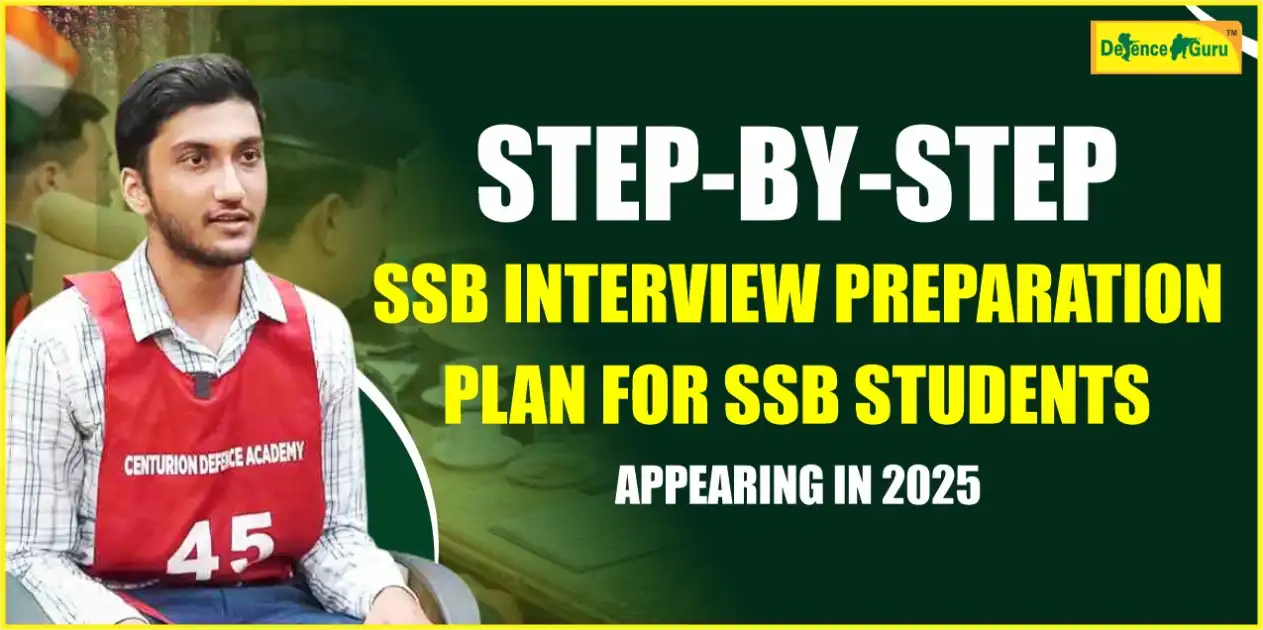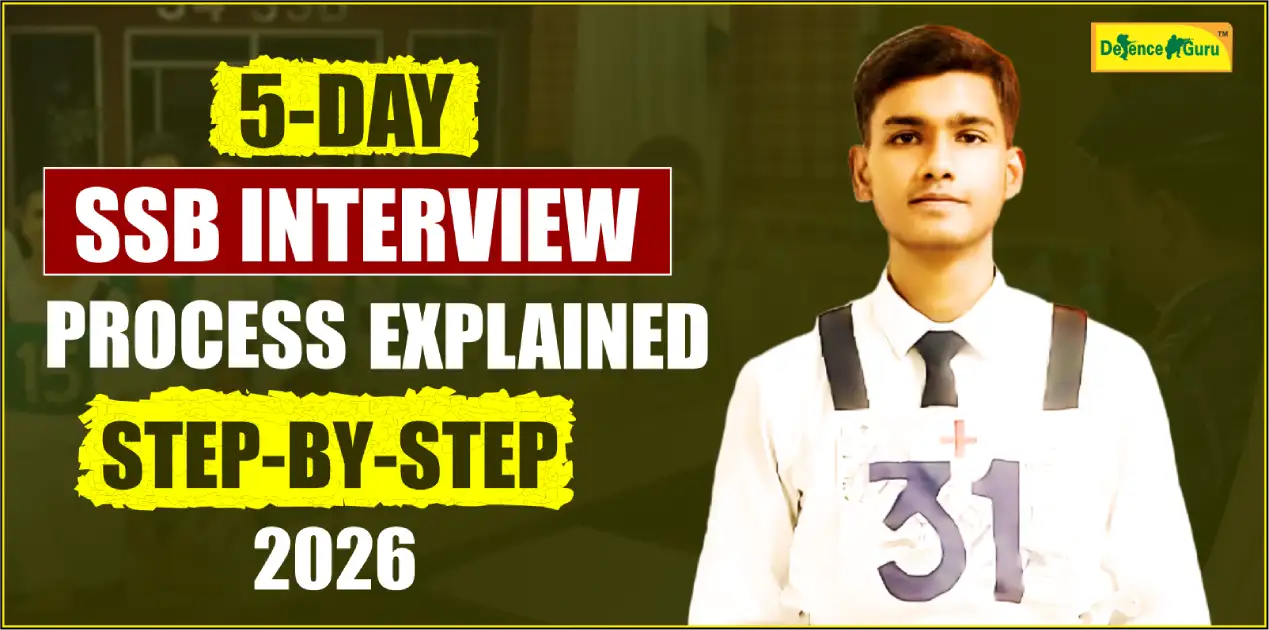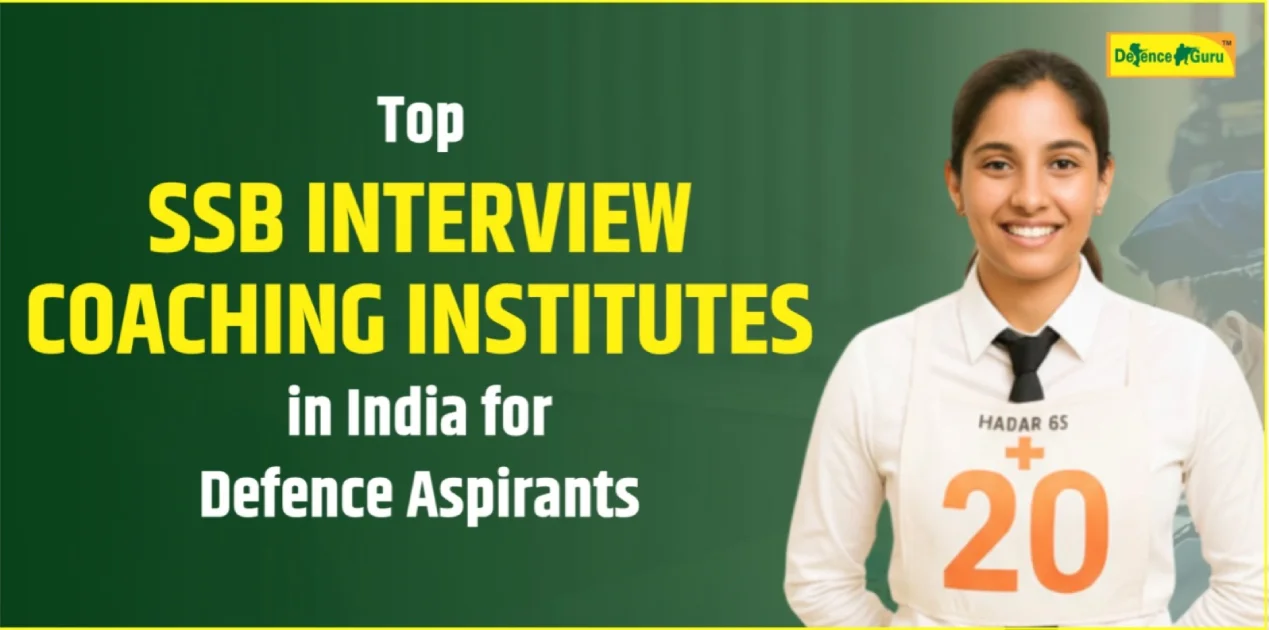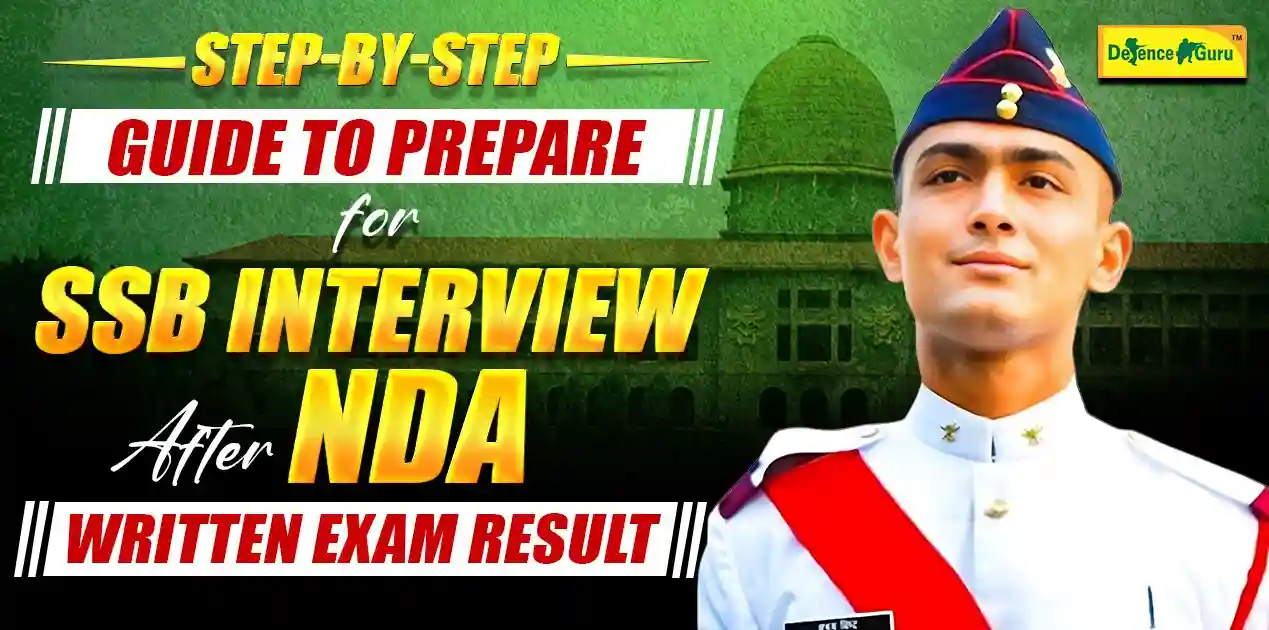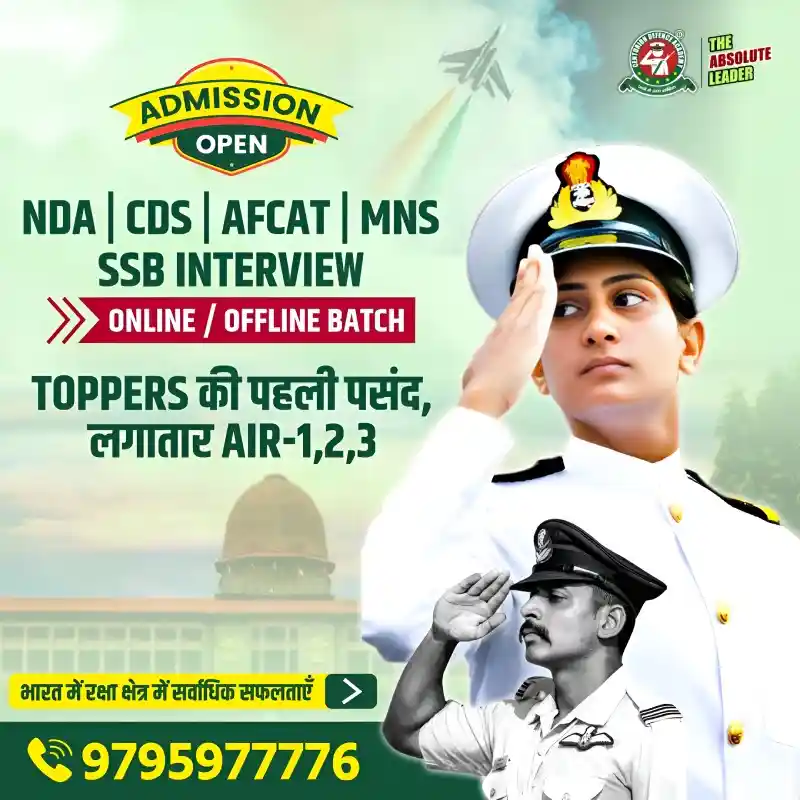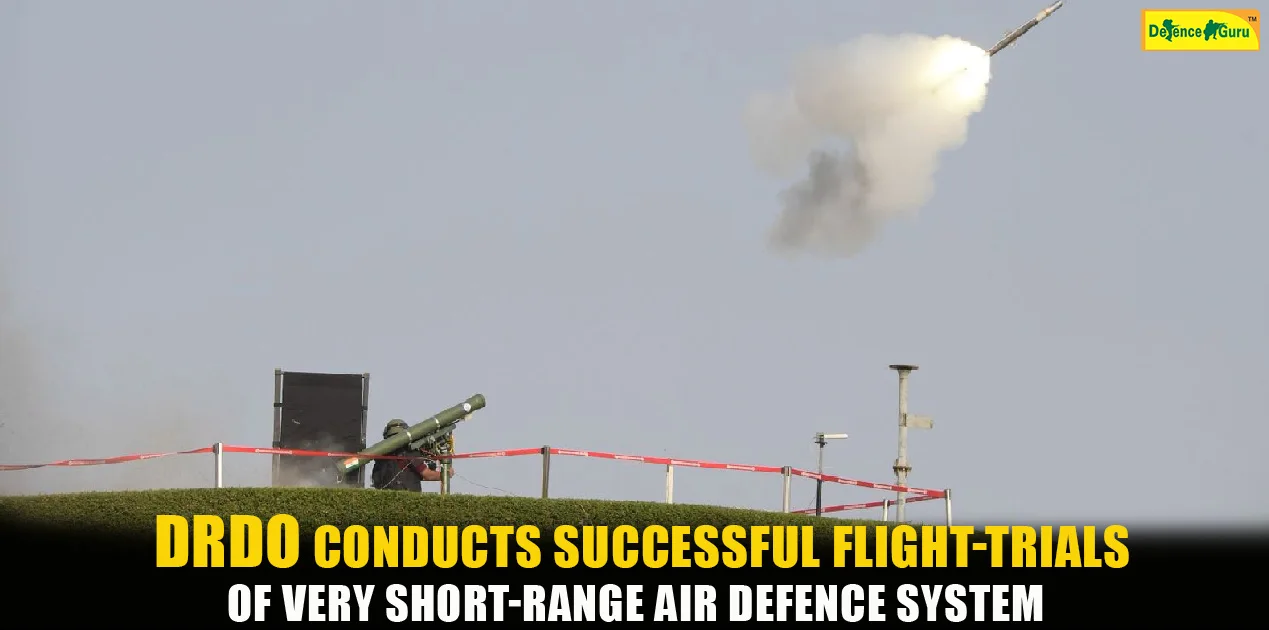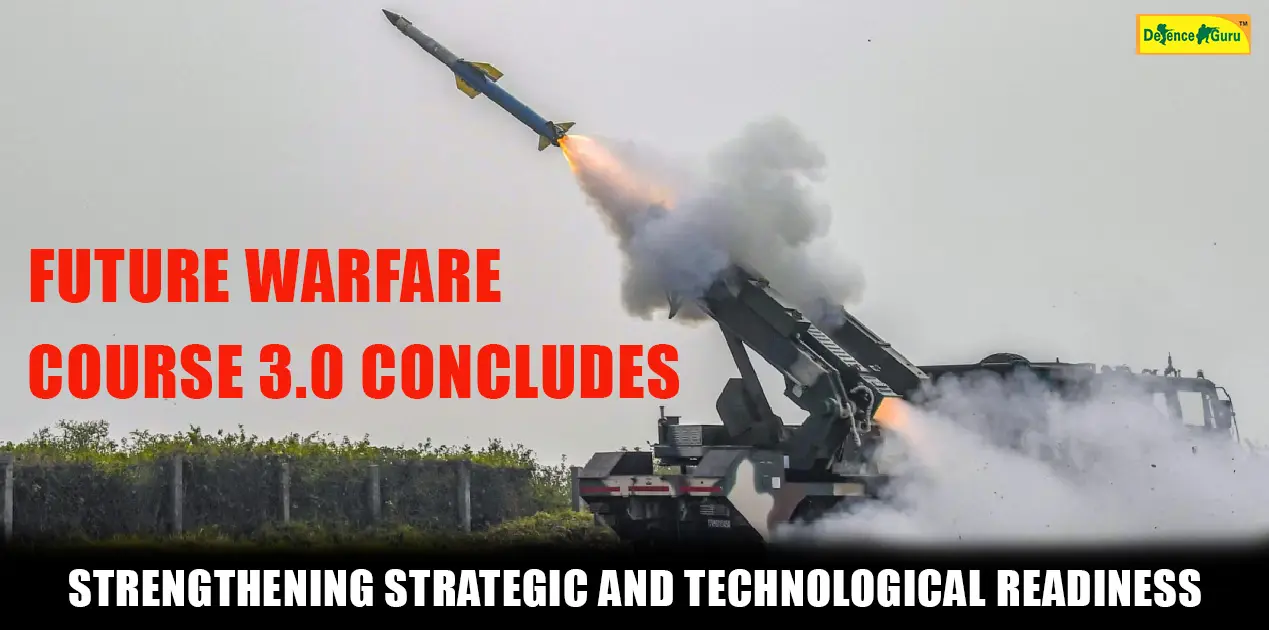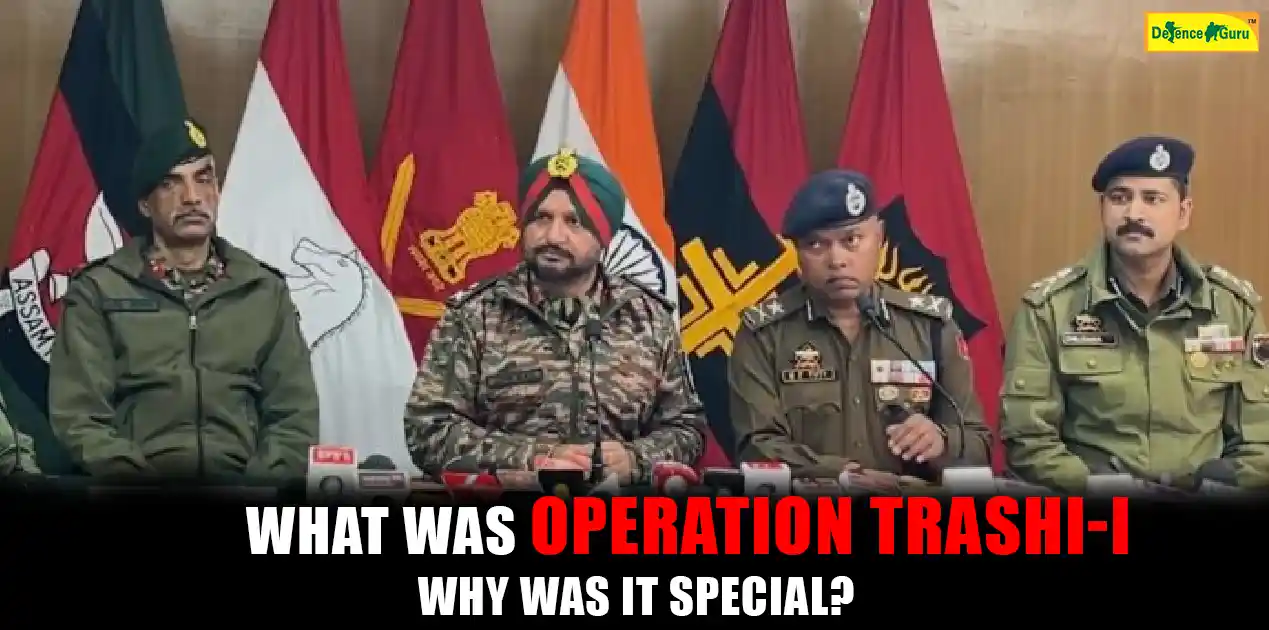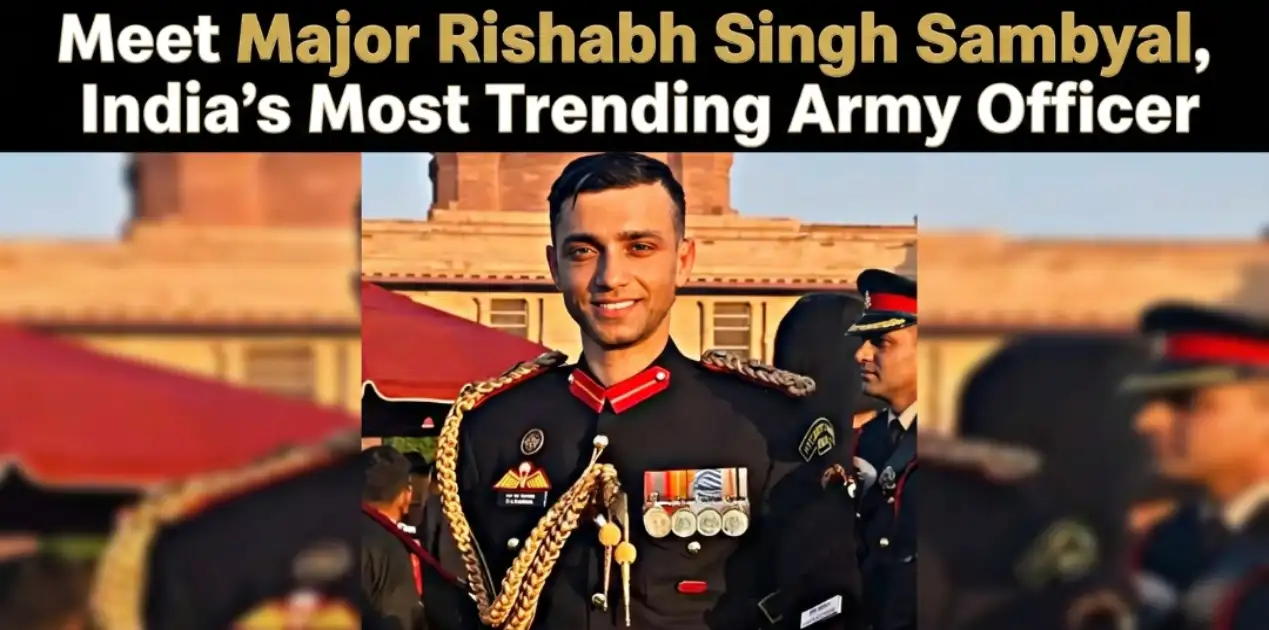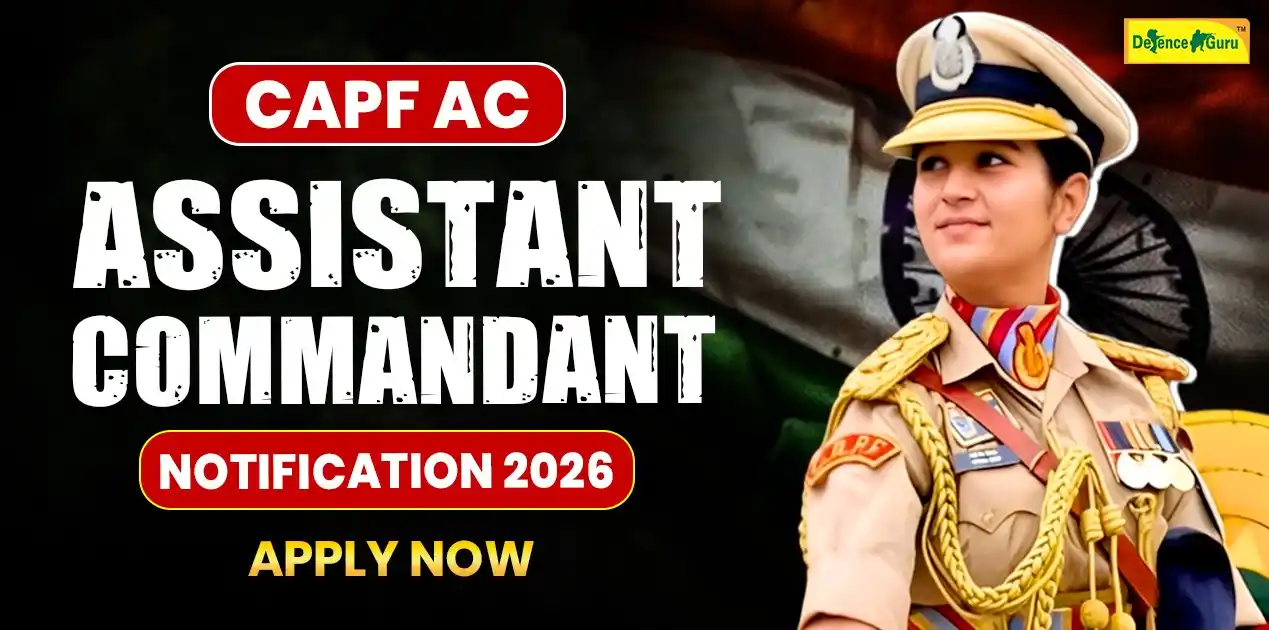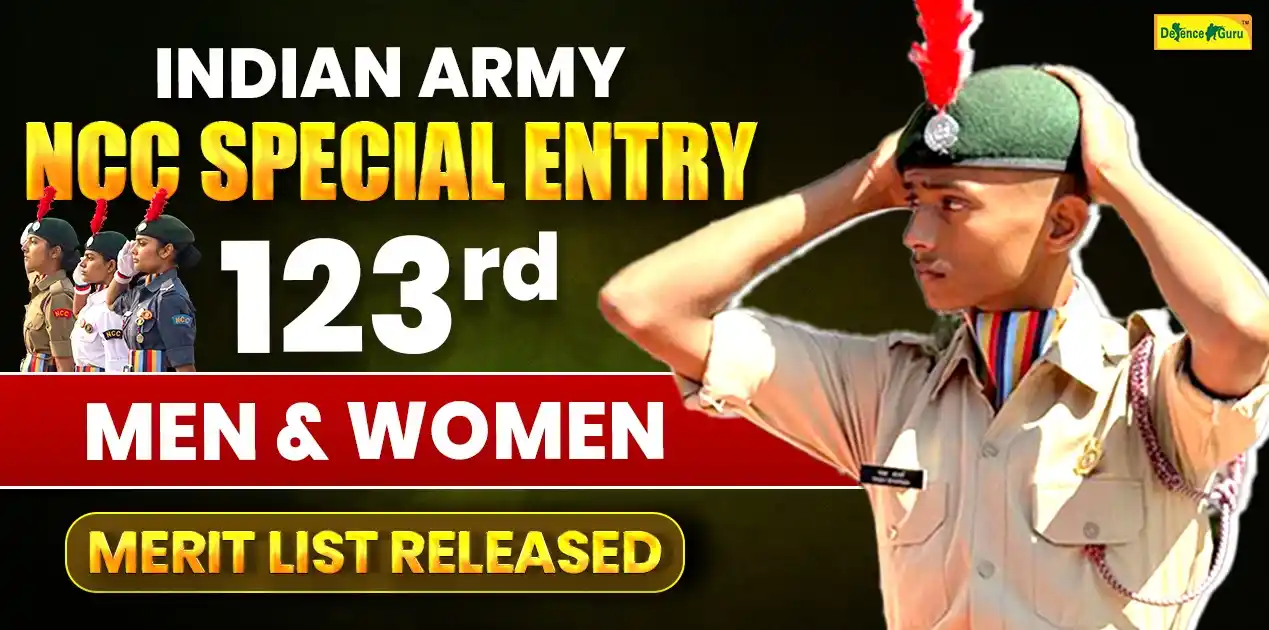Crack the SSB Interview Without Any Military Exposure
Securing a recommendation in the SSB for any defence exam is a tough deal for many students, especially students coming from a non-defence/ military background.
If a student did not grow up in such a background, he/she find it difficult to crack the code that SSB demands in the board. And also the various coaching institutes misguide students, by fear-mongering them and making absolute nonsense theories about the SSB interview.
But here’s the truth: SSB doesn’t judge your background; it judges your potential.
This guide will walk you through every step of SSB preparation, making it simple, relatable, and especially helpful for students from civilian backgrounds.
1. Understand the SSB Interview Process
Before you begin preparing, it is very important to understand what the SSB interview actually involves.
The 5-Day Process:
- Day 1: Screening Tests
- Officer Intelligence Rating (OIR)
- Picture Perception and Description Test (PPDT)
- Day 2: Psychological Tests
- Thematic Apperception Test (TAT)
- Word Association Test (WAT)
- Situation Reaction Test (SRT)
- Self-Description Test (SDT)
- Day 3 & 4: GTO Tasks
- Group Discussions, Group Planning Exercises, Physical Tasks like PGT, HGT, etc.
- Day 5: Personal Interview and Conference
Each of these tests checks different aspects of your personality, intelligence, communication, and behaviour. Most importantly, they check whether you have Officer-Like Qualities (OLQs).
2. Develop a Warrior Mindset – Strong Personality Wins the SSB Exam
If you are from a non-defence background, you may feel nervous seeing candidates from military schools or families. But remember:
- Several officers who are in the armed forces are from a civilian background
- The board in SSB wants to filter out good candidates who can become potential leaders of tomorrow in the Indian armed forces at various different levels
Your mindset is your strongest weapon. Stay positive, believe in your abilities, and keep improving.
3. Learn the Basics About your dream position in the Armed Forces and also about the institution
Even though you don’t need in-depth military knowledge, having a basic understanding helps you during the interview and group discussions.
Learn About:
- Ranks in the Army, Navy, and Air Force
- Important training institutions like NDA, IMA, OTA, AFA
- Current affairs, particularly of defence news and events
- Names of important operations and defence equipment, and different exercises done by the Indian armed forces from time to time.
How to Prepare:
- Read newspapers like The Hindu or The Indian Express daily
- Follow Defence Centurion YouTube channels and its blog, and daily current affairs videos
- Visit the official Ministry of Defence website
4. Start Developing Officer-Like Qualities (OLQs)
SSB looks for 15 specific traits, grouped under 4 major areas:
- Planning and Organizing
- Social Adjustment
- Social Effectiveness
- Dynamic Personality
How to Develop OLQs:
- Leadership: Take charge of group projects or activities in school/college.
- Communication: Practice speaking in English; join debate or drama clubs.
- Teamwork: Play team sports or volunteer in group events.
- Handling Pressure: Try yoga or meditation to build emotional control.
- You can find the way to learn these qualities for ssb.
- Improving OLQs is not a one-day task. You need to practice these habits in daily life. Also need a good and expert mentor from specifically defence field, like one at Centurion Defence Academy
5. Practice Psychological Tests Smartly
These tests are time-bound and tricky, especially if you're unfamiliar with them.
Quick Tips:
- TAT: Tell positive, realistic, and solution-based stories.
- WAT: Write short, clear, and optimistic sentences for each word.
- SRT: Be practical and responsible in your actions.
- SDT: Be honest and self-aware. Ask friends/family for feedback.
Practice regularly using books like the Ranneti book by Shishir Sir and online resources. Don’t try to memorize answers; instead, train your mind to think fast and positively.
6. Get Comfortable with Group Tasks (GTO)
Group tasks can be challenging if you're not used to team-based problem-solving or physical activities. They test your ability to communicate clearly, adapt quickly, and work in sync with others under pressure. It's not just about strength or speed—it's about coordination, leadership, and trust. Often, success in group tasks depends on how well you listen, support your teammates, and take initiative without dominating.
Key GTO Tasks:
- Group Discussions
- Group Planning Exercise
- Progressive Group Task (PGT)
- Command Task
- Individual Obstacles
How to Prepare:
- Join peer groups to practice discussions and planning exercises
- Watch YouTube videos to understand how tasks are done
- Build basic fitness with running, stretching, and bodyweight exercises
Show qualities like cooperation, leadership, and practical thinking during these tasks.
7. Prepare for the Personal Interview
The interview is a one-on-one session that can last from 30 minutes to over an hour. It focuses on your personality, clarity of thought, and honesty. The interviewer assesses your confidence, reasoning ability, and how you handle pressure. Questions can range from personal background and academics to current affairs and situational judgment. Being genuine, self-aware, and consistent in your answers is key to making a strong impression.
Be Ready to Talk About:
- Your education, hobbies, and family
- Achievements and failures
- Future goals and why you want to join the armed forces
- Opinions on national and social issues
Stay calm, think clearly, and be truthful. The officers want to know the real you, not a memorized version.
8. Improve General Awareness and Communication
Being informed about current affairs and having strong communication skills can make a big difference.
Daily Habits to Build:
- Read one newspaper and note key points
- Watch informative debates or documentaries
- Keep a small journal to write your thoughts clearly
- Practice English conversation with friends, or in front of a mirror, or you can attend spoken English classes
9. Seek Mentorship
Self-preparation works, but guidance helps you improve faster, and preparing under the guidance of an expert mentor speeds up the preparation, and a good mentor can help you avoid mistakes.
What to Look For:
- Mentors with real SSB experience
- Coaching centres with good reviews and real-time practice sessions
- Online or offline mock interviews and GTO ground practice
Choose coaching for guidance, not spoon-feeding. Stay original.
10. Build Your Physical and Mental Fitness
SSB doesn’t need bodybuilders, but they do look for candidates who are active, energetic, and fit.
Suggested Daily Routine:
- 30 minutes of jogging or cycling
- Push-ups, squats, and planks for strength
- Meditation or breathing exercises to stay mentally calm
Fitness also boosts your confidence and helps with GTO tasks.
11. Be Ready for Rejection and Come Back Stronger
Not everyone clears SSB on the first try. It’s okay. Many candidates get recommended in their 2nd or 3rd attempt.
If You Don’t Make It:
-
Reflect on what went wrong
-
Ask for feedback if possible
-
Work on your weak points and come back stronger
SSB is a journey of becoming a better version of yourself. Even if you don’t clear it, the lessons you learn will stay with you forever.
Conclusion:
Don’t let your background hold you back. Being from a non-defence family doesn’t make you any less capable. What matters is your passion, preparation, and potential.
Stay consistent, stay focused, and believe that you can become an officer.
Read more:
How to Build Officer Like Qualities in Daily Life- Tips from Experts
How to Prepare for GD & Lecturette with Latest National Issues


